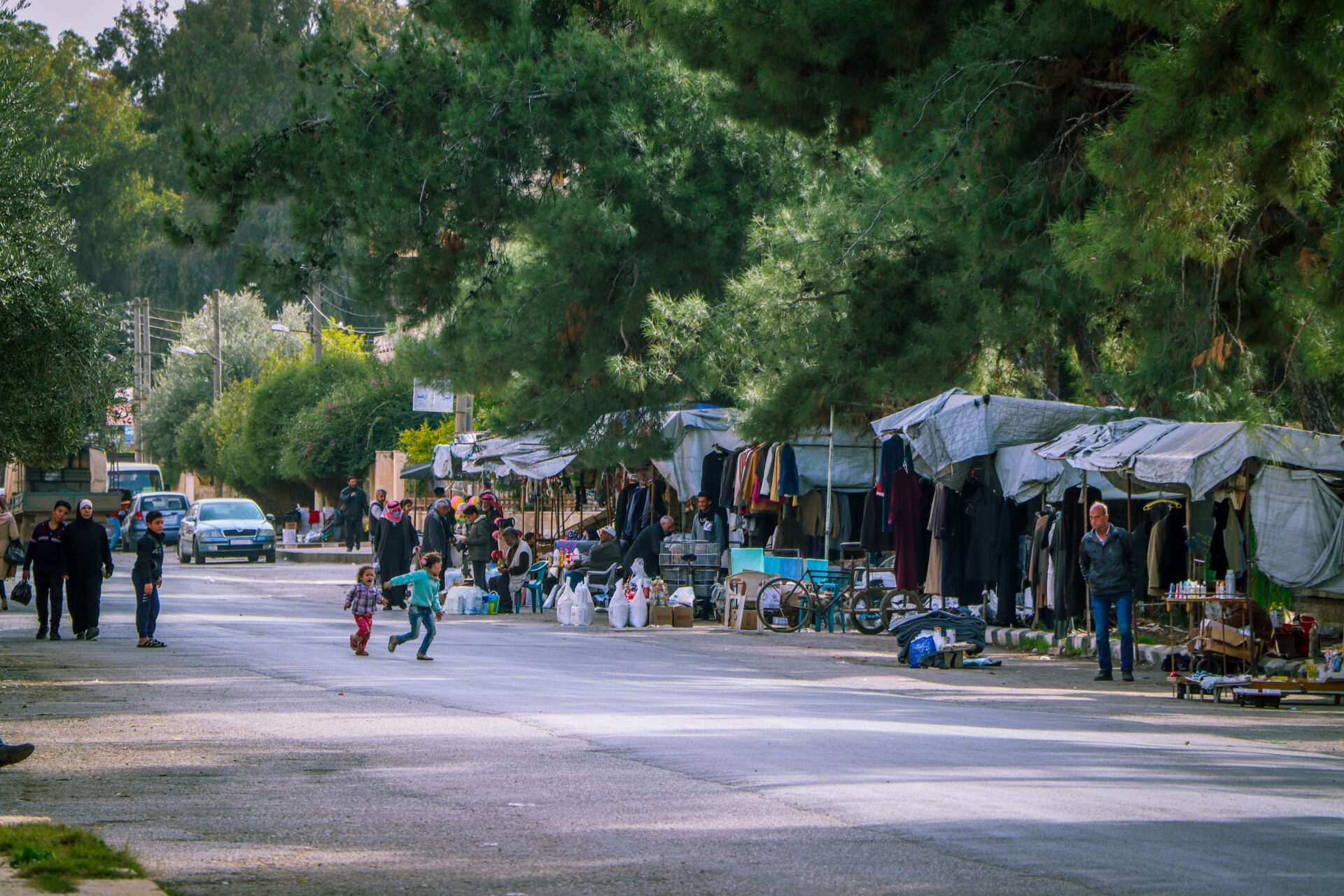Over 46,000 people lay dead after an earthquake this month in Turkey and Syria. And while worldwide support pours in to ameliorate this suffering, economic sanctions on Syria have until recently crippled relief efforts. The failure is only the latest in the ongoing tragedy that is Washington’s economic sanctions campaign. While meant to uphold the dignity of human rights in Syria, these sanctions have contributed to further destitution, hopelessness, and human misery. A recent humanitarian exemption initiated by the Biden administration is a step in the right direction, but its 180-day duration overlooks the long-term efforts needed in the wake of this earthquake and a decade of war.
Sanctions on Syria, expanded in 2019 under the Caesar Act, purport to restrict economic transactions with human rights abusers and Syrian military entities. But they further designate any entity involved in the natural gas or oil industry or anyone engaged in construction or engineering efforts. Consider that Syria is still rebuilding after over a decade of war. The mere act of rendering construction aid is illegal under this US law. This recent earthquake has only highlighted the suffering that has continued unseen for several years at the behest of Washington politicians.
WHY THE EXEMPTION ISN’T ENOUGH
Adding a carte blanche exemption for 180 days is helpful, but the effects of sanctions have already hindered relief efforts in the immediate aftermath of the earthquake. Over the long term, humanitarian exemptions offered on a case-by-case basis and touted as a way for humanitarian organizations to operate are not a solution. These exemptions are slow, often take several months for approval, and require complicated legal maneuvering. Furthermore, sanctions delay the types of items that humanitarian organizations can distribute. According to one UN report, some items as innocuous as hand sanitizer can be considered “dual use” and have to undergo further vetting to ensure they are not used for military purposes.
Without trade and investment, Syria stays mired in the devastation. The Syrian people are put into the crosshairs just as much as the regime officials these sanctions are designed to target.
What are these coercive sanctions trying to achieve? The Syrian government has eliminated virtually all armed resistance aside from a Turkish-backed holdout in Idlib. These sanctions won’t change that, nor will they change how the Assad government operates. Instead, they perpetuate the cruelty of isolating war-weary people from the global economic system. Without trade and investment, Syria stays mired in the devastation that has engulfed it for the last decade. The Syrian people are put into the crosshairs just as much as the regime officials these sanctions are designed to target.
US decision-makers verbally attest that these sanctions are meant to protect the Syrian people. If this is the intent, then they have demonstrably failed. Cutting off private investment consolidates economic power in the hands of the state, which means more potential coercion from the government. If the United States wishes to see the aspirations of freedom-loving Syrians actualized, eliminating sanctions would provide an economic lifeline independent of the Assad regime.
These sanctions are not aligned with a goal. Rather, they are punishment for punishment’s sake. But simply inflicting economic pain doesn’t produce change. There are no set conditions for lifting these sanctions. President Bashar al-Assad is damned if he does what Washington wants and damned if he doesn’t. So, he won’t. And left forgotten in this vindictive crusade are the Syrians who want to live a normal life. Restricting Duolingo and tripling supermarket prices doesn’t stop barrel bombs, but they do crush the dreams of ordinary people.
STOP BEING THE BOOGEYMAN
Sanctions removal is just one part of a potential US recalibration in Syria. US troops still occupy al-Tanf on the Syrian border with Iraq, even as the ISIS presence, which they were brought to combat, has receded. Just as sanctions are increasingly unaligned with reality, the US military presence has continued despite little benefit. Moreover, because of regular rocket attacks on US troops, this presence incurs risk without reward.
Between the sanctions and the US military presence on Syrian territory, the United States has actually done a remarkable job in assisting Assad’s marketing campaign. The muqawama, or resistance, is a popular sentiment in Syria. And the United States is the ultimate foe to resist. If Washington were to extricate itself from these campaigns of coercion, the Assad regime wouldn’t have a boogeyman to blame problems on.
The Biden administration has the authority to extend the humanitarian exemption for up to two years, which would better enable reconstruction efforts. Over the long term, these sanctions, which have wrought pain and suffering for years, should be altogether abandoned. There are concrete actions that can be taken that will directly improve the lives of suffering citizens. Good intentions have caused misery and despair for Syrians for years. Good intentions have empowered rather than curtailed the Assad regime. By ending sanctions, good actions will undo the mess of all these good intentions.





















